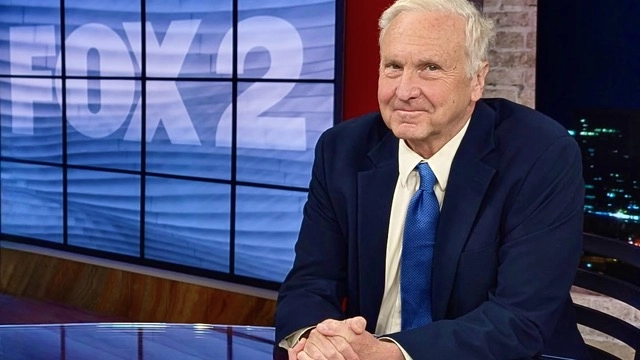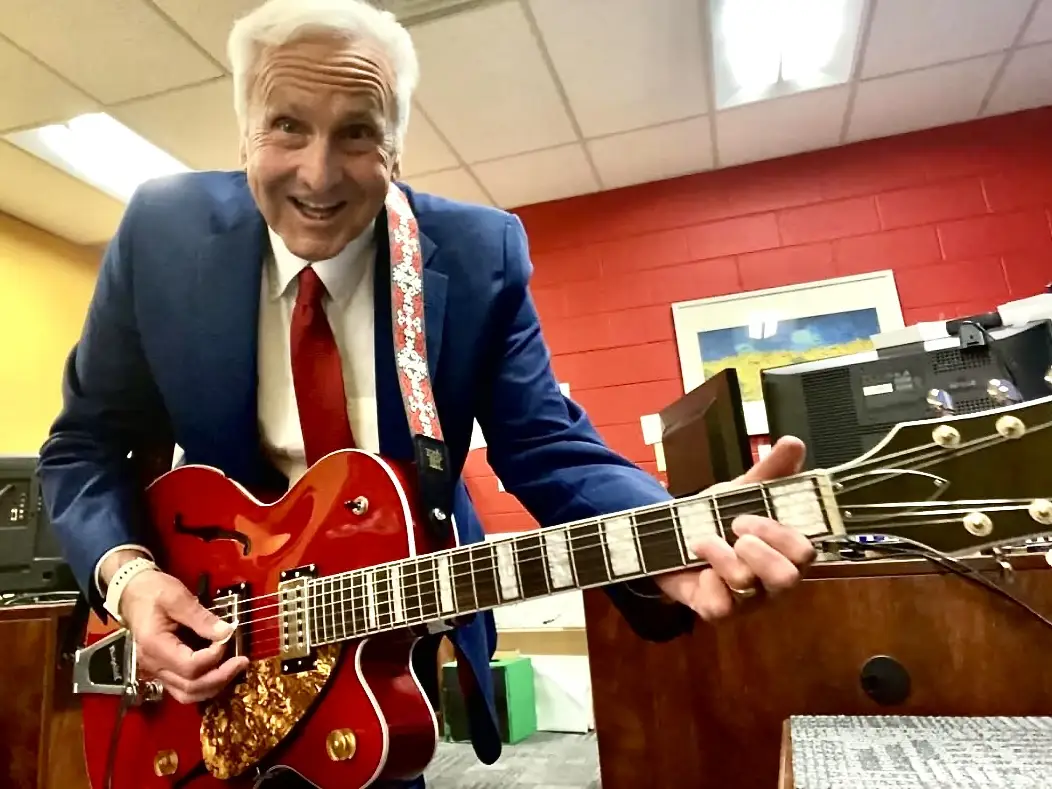
Detroit, MI, USA - It’s a bright Michigan afternoon when the calm voice cuts through the noise.

“Hey John Kelly… aren’t you the guy selling the car?”
The camera pans; the man freezes. He blinks, stalls, and mutters, “I don’t know who you are.”
A second camera swings around. There’s nowhere left to go.
That’s the moment thousands of viewers wait for — when FOX 2 Detroit’s Rob Wolchek appears from behind the lens and an ordinary street turns into a courtroom.
In an age of hashtags and hot takes, Wolchek still believes in showing up.
He’s the last door-knocker of local news — the man who turns civil disputes into public reckonings.
Wolchek’s Hall of Shame isn’t a stunt; it’s fieldwork with a mic.
He drives, waits, double-checks court filings, tracks phone numbers that vanish after one call.
By the time he knocks, the paperwork has been sifted, the stories verified, and the legal team briefed.
Each segment can take weeks of investigation and ends with a few tense minutes that viewers never forget.
It’s journalism with muscle — and mercy.
Juliette Aimo, 81, thought she was signing mortgage help papers.
She was really signing over the house she’d lived in for 28 years.
When the realtors found out, the police called it “a civil matter.”
Then Rob Wolchek called it what it was — a moral crime.
He tracked the phony attorney, traced the LLC to a UPS drop box, and caught him outside a store, still denying everything.
For Juliette, that confrontation wasn’t TV.
It was justice knocking back.
Another file, another couple: John and Amy LaFrance of AJL Home Renovations.
They took deposits, demolished homes, and blamed their customers.
“Got a builder’s license?”
“Yeah.”
“Can I see your pocket card?”
“…No.”
It’s absurd — until you see the wrecked rooms, unpaid workers, and drained savings.
Wolchek’s tone stays dry, but the theatre hits deep: accountability with a laugh track of disbelief.
A used-car hustler named John Kelly—or Joe Yakinto—posts fake listings, photographs cars in random driveways, then vanishes.
Wolchek spends weeks matching siding, streetlights, and lawns until the scene lines up.
“You mean you took four grand for a scrap car?”
When Rob finally appears, the man denies his own name. Twice.
The camera catches both the lie and the panic — reality TV’s honesty, without its cynicism.
Wolchek’s secret weapon isn’t aggression; it’s astonishment.
He reacts like a man who still expects people to do the right thing.
That blend of curiosity and disbelief disarms scammers and comforts victims.
It’s the tone of the everyman: half-reporter, half-conscience.
He stands where the system stops and says what everyone else is thinking — “How did this even happen?”

Each episode becomes a miniature morality play.
Victims regain dignity.
Perpetrators face daylight.
And viewers remember what fairness looks like.
The cost? Enormous.
Security concerns. Legal review. Travel. Editing.
The payoff? Public trust.
In a time when many stations chase clicks, FOX 2 Detroit funds something rarer — civic journalism with consequences.
A single Hall of Shame clip can spark investigations, refunds, or arrests.
It can also stop the next scam before it starts.
Millions have watched, commented, and shared stories of their own.
For them, Wolchek isn’t just a reporter — he’s the last visible proof that someone still cares enough to show up.
The mic rises.
Another driveway.
Another story someone thought would stay hidden.
“So… did you give them their money back?”
The question hangs like a verdict.
Sometimes the guilty run. Sometimes they talk.
Either way, the truth moves an inch closer to daylight — one knock at a time.